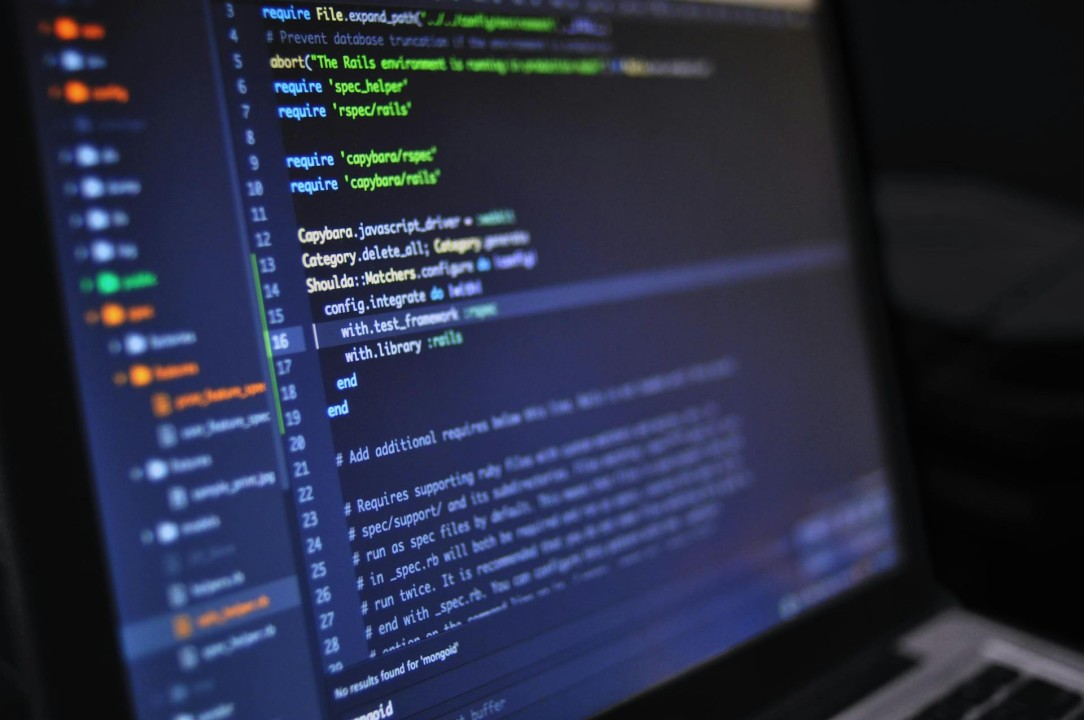Imagine software testing that’s faster, more accurate, and gives you more time for strategic innovation. This is no longer science fiction—artificial intelligence (AI) is transforming the world of Quality Assurance (QA) testing. From developers to end-users, everyone stands to gain from these advancements.
Boosting Efficiency with AI: A Game-Changer for QA
AI is revolutionizing QA by improving efficiency, accuracy, and speed in software testing. Here’s how:
- Turbocharged Testing: AI automates repetitive tasks like test case execution, significantly reducing testing time and accelerating software releases. This allows developers to focus on innovation rather than repetitive tasks.
- Precision Powerhouse: AI algorithms process vast amounts of data, identifying patterns and anomalies that human testers might miss. This leads to more accurate testing and fewer bugs reaching production.
- Smarter Testing, Streamlined Workflow: AI optimizes the QA process by prioritizing critical tests and identifying redundant ones, enabling QA professionals to focus on high-level, strategic work.
- AI as the Test Case Maestro: AI can automatically generate test cases based on code coverage and requirements, ensuring comprehensive testing with minimal manual input.
- Proactive Problem-Solving: By analyzing historical data, AI predicts potential defects, allowing teams to address issues before they become major problems.
- Continuous Quality Assurance: AI enables continuous testing, integrating quality checks throughout the software development lifecycle to ensure consistent performance.
AI in Action: Real-World Applications in QA
AI's versatility in QA is remarkable, with several real-world applications already in play:
- Generating Diverse Test Data: AI produces realistic, varied test data to simulate real-world user behavior, exposing hidden issues.
- Automating Repetitive Tasks: AI takes over time-consuming tasks, such as test execution, freeing up testers for more strategic work.
- Analyzing Test Results with Precision: AI detects patterns and trends in test results, aiding in root cause analysis and preventing recurring issues.
- Ensuring UI Consistency: AI-powered visual testing ensures user interface (UI) consistency by detecting inconsistencies across different screens or devices.
- Optimizing Performance Testing: AI intelligently selects relevant test scenarios and analyzes performance metrics, ensuring a smooth and optimized user experience.
The Future of QA: Collaboration Between AI and Humans
While AI automates many testing tasks, it is not a replacement for QA professionals. Instead, it creates opportunities and new roles in the field:
- Upskilling for the AI Era: QA professionals will need to develop skills in AI, machine learning, and automation to leverage these tools effectively.
- Strategic Thinking Takes the Lead: As AI handles routine tasks, QA professionals can focus on strategic planning, risk assessment, and ensuring the overall quality of software.
- Emerging Roles: New job roles such as AI Test Engineer, AI Test Data Analyst, and AI Quality Assurance Specialist are becoming more prevalent as AI continues to evolve.
- Humans and AI: A Powerful Partnership: The successful integration of AI in QA requires collaboration between human expertise and AI capabilities, creating a symbiotic relationship that drives innovation.
Conclusion
AI is reshaping QA testing, improving efficiency, accuracy, and speed, while creating exciting new opportunities for growth and innovation. Whether you’re a developer, a QA professional, or a business leader, embracing AI in QA means a future of smarter, faster, and more reliable software development.

Excellent article! AI is a game changer for QA testing ??
Translator / AI Writer / Inspire Thought Press
2 周The examples of real-world applications, like generating diverse test data and ensuring UI consistency, illustrate the practical benefits that AI brings to QA. It’s fascinating to see how these technologies can enhance both the quality of software and the overall user experience.